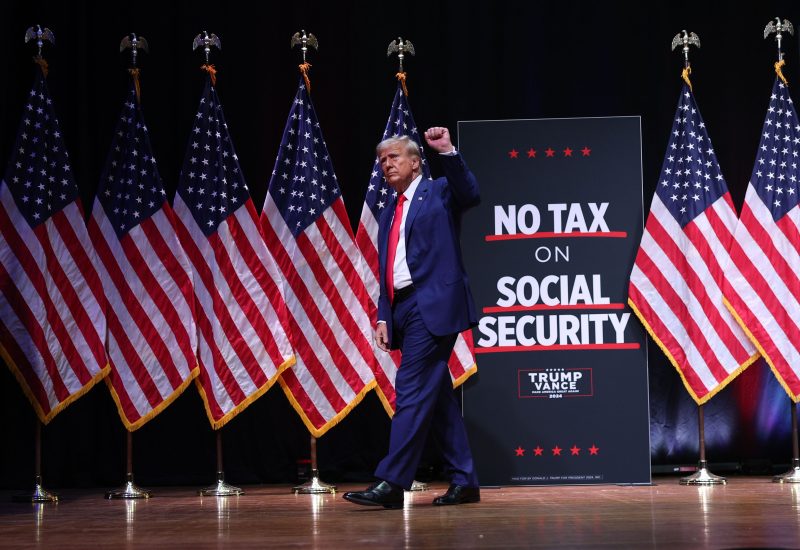In a recent speech in North Carolina, former President Donald Trump hinted at the possibility of expanding tariff plans, sparking debates and concerns among various stakeholders. The imposition of tariffs has long been a contentious issue, with supporters arguing that they help protect domestic industries and create a level playing field, while opponents believe they can lead to trade wars and harm the overall economy.
Trump’s openness to expanding tariff plans likely stems from his America First agenda, which prioritizes protecting American workers and industries. During his presidency, Trump imposed tariffs on various goods, particularly from China, in an effort to address what he perceived as unfair trade practices and to bolster domestic production. While his approach was applauded by some for standing up to trading partners, it also faced criticism for its potential negative impacts on businesses and consumers.
The prospect of expanding tariff plans raises concerns about the potential consequences for international trade and the global economy. Tariffs can lead to retaliatory measures from affected countries, triggering a cycle of escalating trade tensions. This could disrupt supply chains, increase costs for businesses, and ultimately harm consumers through higher prices and reduced choices.
Moreover, the uncertainty surrounding tariff policies can deter investments and hinder economic growth. Businesses rely on stability and predictability to make long-term decisions, and the threat of expanding tariffs could create an environment of uncertainty that undermines confidence in the market.
In addressing the issue of expanding tariff plans, policymakers need to carefully weigh the potential benefits against the risks and unintended consequences. While protecting domestic industries and workers is a valid concern, it is essential to consider the broader impacts on the economy as a whole. A balanced approach that takes into account the need for fair trade practices, while minimizing disruptions to global supply chains, is crucial for sustainable economic growth.
As debates continue over the future of tariff policies, it is clear that finding the right balance between protecting domestic interests and promoting global trade will be essential. The challenges and complexities surrounding this issue highlight the importance of thoughtful and informed decision-making to ensure that policies contribute to a strong and resilient economy for all stakeholders.
